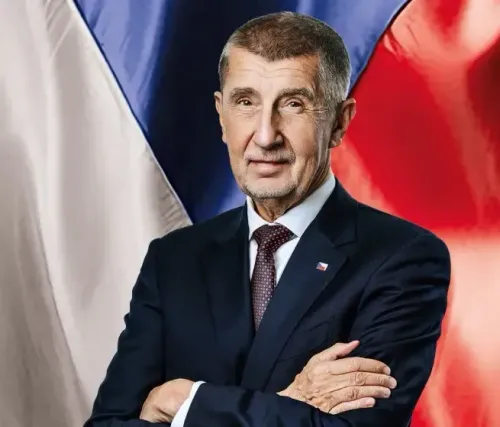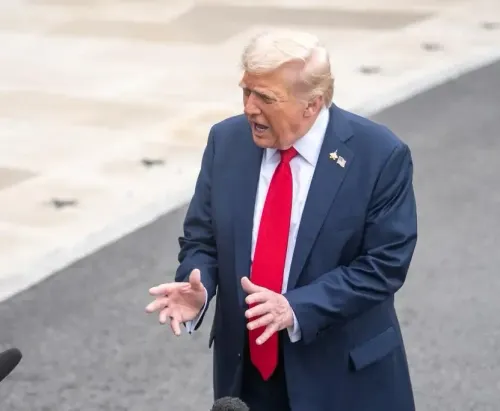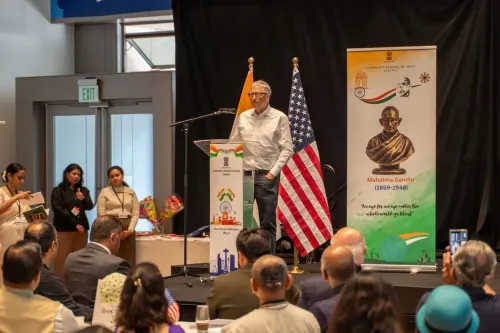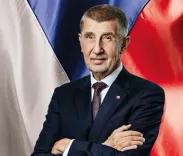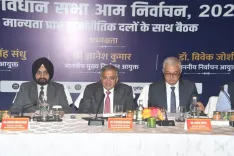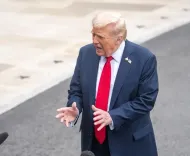Should European Governments Urge De-Escalation After US Strikes on Iran's Nuclear Sites?
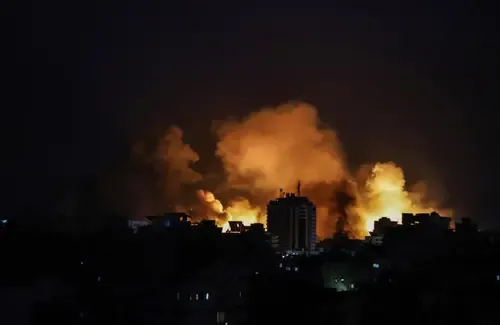
Synopsis
Key Takeaways
- European governments are advocating for diplomatic solutions in response to US airstrikes.
- The IAEA stresses the importance of returning to verification activities in Iran.
- Calls for de-escalation are echoed by various leaders across Europe.
- Ongoing violence only leads to greater suffering for innocent civilians.
- International cooperation is essential for achieving long-term peace.
Brussels, June 23 (NationPress) Several European governments have expressed serious concerns regarding the recent US airstrikes on Iranian nuclear facilities, calling on all involved parties to prioritize diplomacy and prevent any further escalation of tensions. Some officials have condemned the US action as an unlawful attack.
The US airstrikes targeting critical Iranian nuclear sites on Saturday have exacerbated an already unstable situation. Rafael Grossi, the director general of the International Atomic Energy Agency (IAEA), confirmed the damage in a statement released on Sunday but noted that the agency has yet to assess its full extent, as reported by Xinhua news agency.
Grossi emphasized the critical need for diplomacy to resolve hostilities and allow the IAEA to resume its verification activities in Iran. "We must allow the IAEA inspectors to return. The IAEA is prepared to play its vital role in this process... We must strive for peace," he stated.
In Sweden, Prime Minister Ulf Kristersson urged for de-escalation. On the social media platform X, he stressed the importance of putting a stop to the escalating violence in the Middle East. "De-escalation, restraint, and a return to discussions and diplomacy are now of the utmost importance," he wrote.
In Finland, President Alexander Stubb characterized the US strikes as of exceptional scale and cautioned that the cycle of vengeance in the region must end. "A sustainable solution necessitates diplomacy, dialogue, and adherence to international law," he posted on X.
Slovenian Prime Minister Robert Golob also advocated for a return to diplomatic discussions. In a statement released on Sunday, he stressed that ongoing violence and military conflict only lead to greater suffering for innocent civilians. Echoing the sentiments of United Nations Secretary-General Antonio Guterres, he reiterated that peace and diplomacy are the only viable paths forward.
The Slovenian Foreign Ministry echoed this sentiment, expressing grave concern over rising tensions and warning that further hostilities could jeopardize international peace and security, endangering civilian lives. "Diplomacy and dialogue must take precedence, and war must be avoided," the ministry declared, reaffirming its commitment to the UN Charter.
Meanwhile, the Left party, part of Slovenia's ruling coalition, condemned the US action as a dangerous and irresponsible escalation. The party criticized the strike for lacking a UN mandate and warned that it could lead the region and the world into a larger conflict. They urged the Slovenian government to seek an emergency meeting of the UN Security Council and called on the EU and the broader international community to denounce the strike as an unlawful attack.
Latvian President Edgars Rinkevics underscored the necessity for all parties to return to negotiations to achieve a diplomatic resolution, while Slovak Foreign Minister Juraj Blanar condemned the US assault.
"It is unacceptable for any nation to conduct military operations on the territory of another sovereign nation," Blanar stated. In a social media post, he emphasized that any disputes should be resolved through the United Nations, not through military force.
In Estonia, Foreign Minister Margus Tsahkna told local media that "it is crucial to prevent this situation from escalating into a broader conflict in the region and to ensure that civilian protection is a priority for all parties." He called for collective international efforts to secure long-term stability in the region.

